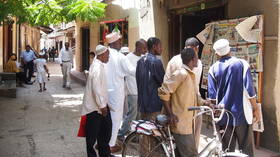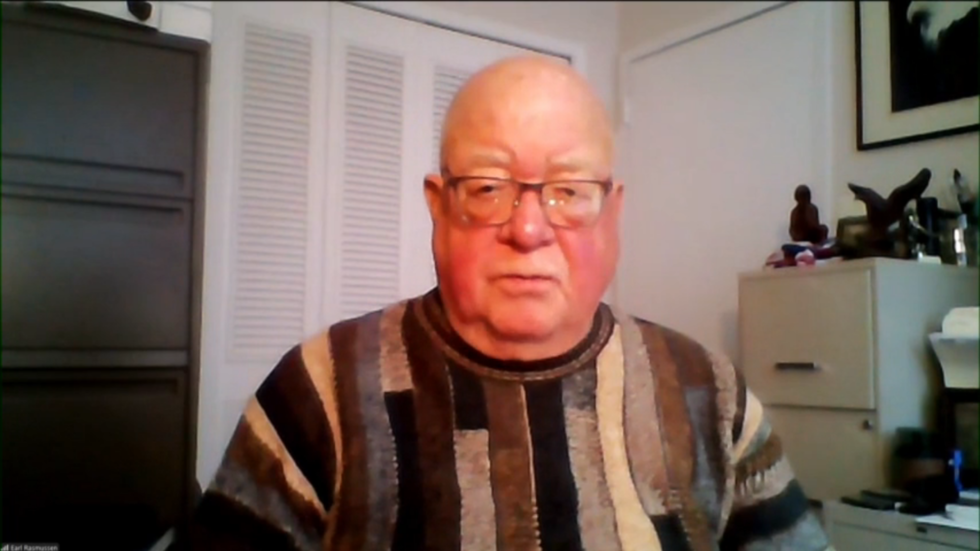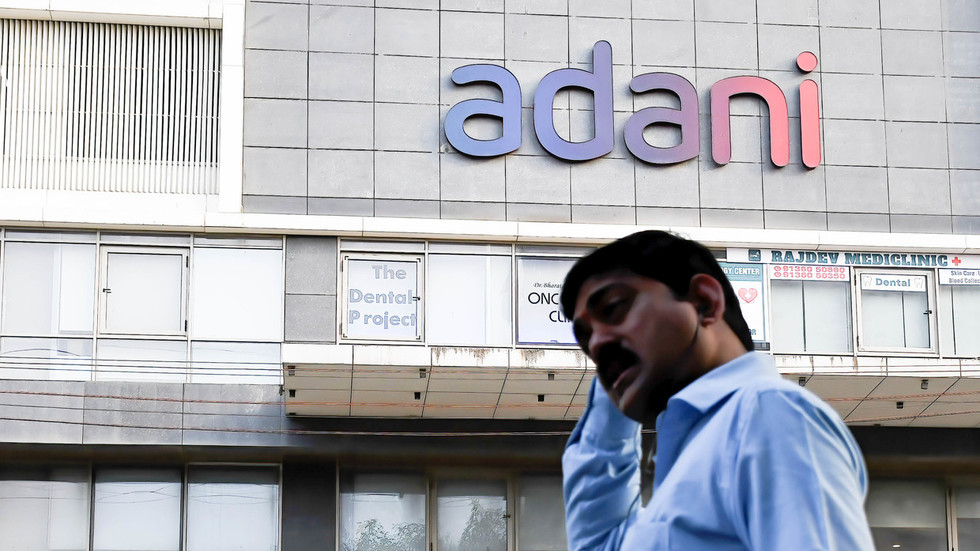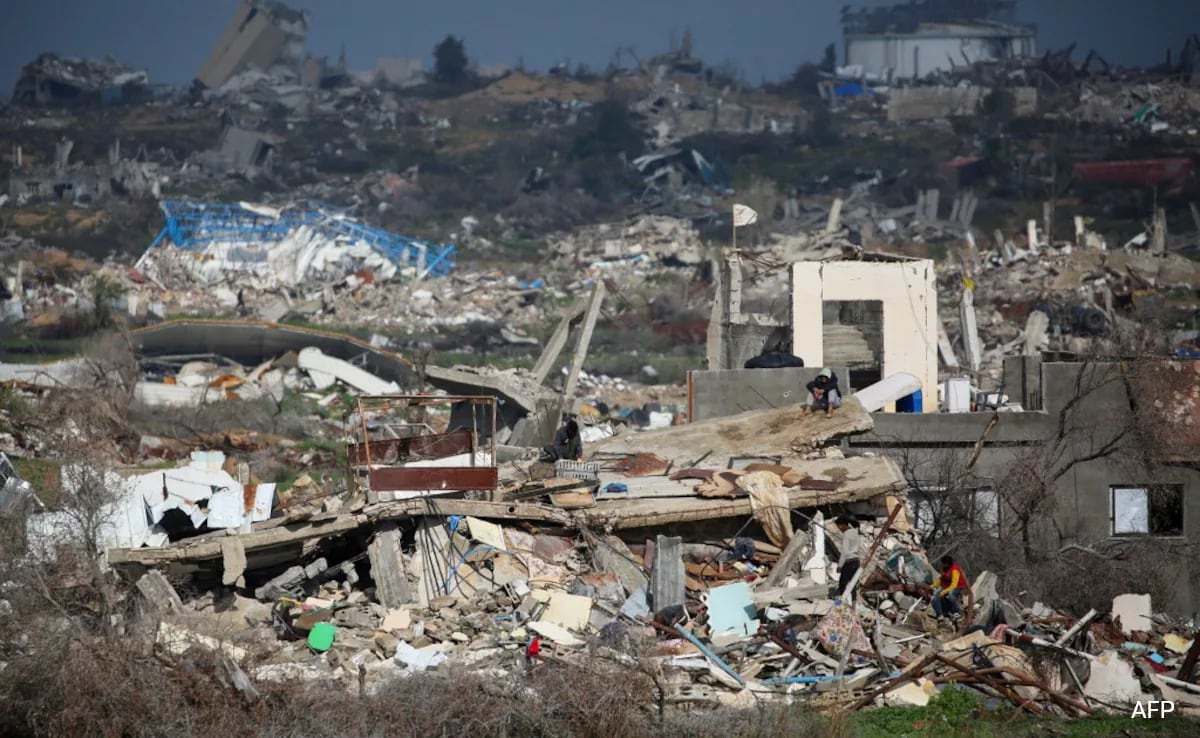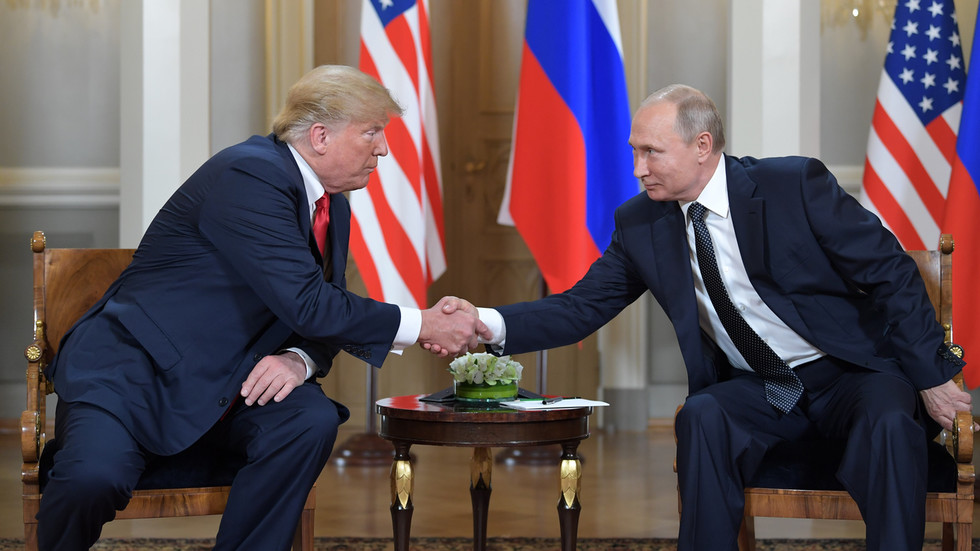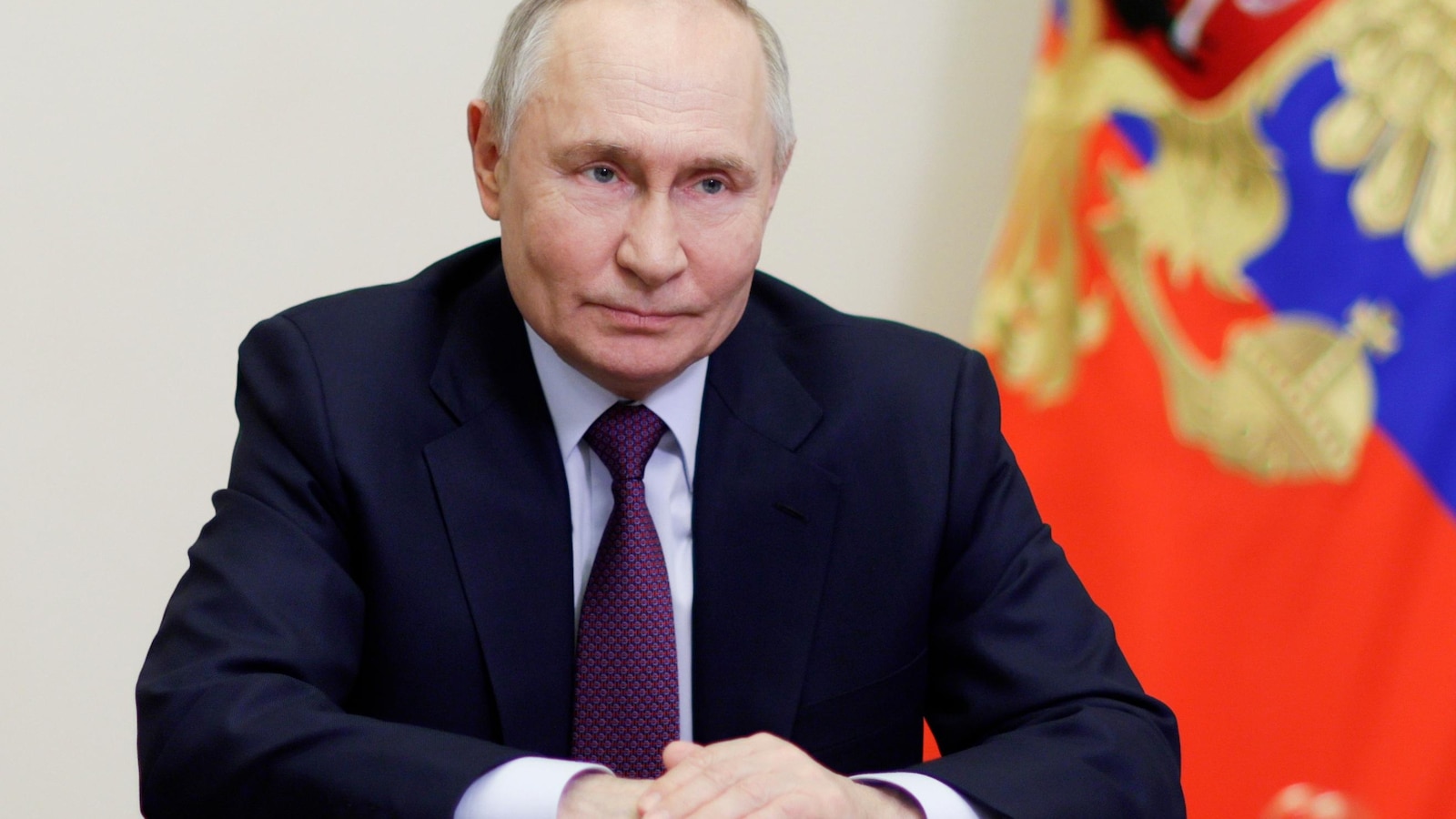Claver Gatete has proposed five key areas for improving the economic situation across Africa
The head of the UN’s Economic Commission for Africa, Claver Gatete, has described the current global financial infrastructure as outdated and unjust and called for reforms to address the economic disparities affecting Africa.
Gatete, who hails from Rwanda, made the remarks during the 46th Ordinary Session of the African Union’s Executive Council in Addis Ababa on Wednesday.
“The current global financial architecture is outdated, inequitable and unjust and must be reformed to be fit for purpose. We must advocate for debt restructuring that allows African nations to invest in their people and development instead of paying exorbitant interest rates,” the executive secretary noted.
Gatete pointed out that despite Africa possessing 30% of the world’s mineral reserves, including 40% of its gold and up to 90% of its chromium and platinum, the continent accounts for less than 3% of global trade and only 1% of global manufacturing output.
He also noted that in 2023, intra-African trade stood at just 16%, compared to intra-European trade at 68%. Gatete emphasized that “these disparities are not due to a lack of economic potential but to entrenched structural barriers that keep Africa in a cycle of economic dependency.”
The UN official highlighted the injustice in Africa’s representation in international financial institutions, stating that the entire continent, with its 54 nations, has an International Monetary Fund (IMF) shareholding equal to that of Germany.
Gatete also addressed the issue of Africa’s credit ratings, noting that only two African countries – Botswana and Mauritius – hold investment-grade ratings, “while others, despite sound economic fundamentals, are burdened with high-risk labels.”
He further pointed out that although Africa has contributed the least to climate change, it suffers the most from its effects, with climate change costing Africa an estimated up to 5% of GDP.
To address these issues, Gatete proposed a number of areas for action, including reforming the current global financial architecture, restructuring debt, and reforms to international financial institutions to ensure that Africa has a stronger voice in shaping global economic policies.
He also stressed the importance of creating an African-led credit rating agency to provide fair evaluations that accurately represent the continent’s economic realities.
Last August, UN Secretary-General Antonio Guterres called for reforms to the Security Council, calling its current structure outdated. He stated that “Africa is under-represented in global governance structures – from the Security Council to international financial institutions – but over-represented in the very challenges these structures are designed to address. Conflicts, emergencies, and geopolitical divisions have an outsized impact on African countries.”

 3 hours ago
3
3 hours ago
3
